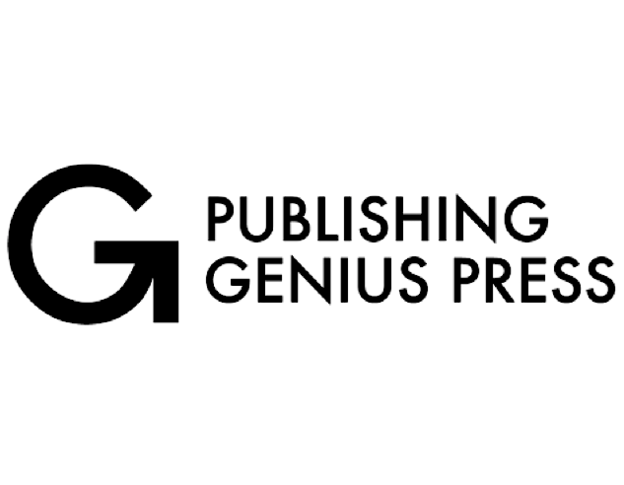Publishing Genius interview!
Atlanta-based press!

I interviewed Adam Robinson, editor and founder of Publishing Genius, about the press. If you want to learn more, or to order books, see www.publishinggenius.com. They have been around, making books, for almost ten years.
a. Who started the press, and what are your hopes for its future?
I started Publishing Genius in 2006. It has gone through a few different stages, first publishing broadsides and then chapbooks, then short books of poetry — poetry is usually short, right, like somehow most poetry books end up being 88 pages long — and novellas, and then eventually more traditional books. At least traditional in terms of length.
b. How often do you publish new books, and how do you find these?
I've been publishing 6-8 books a year for the last few years. I always start the year saying I'm going to do fewer, but I get excited about manuscripts and new projects and end up piling them on. I think the books I've been working on most recently, Jarod Roselló's Well-Dressed Bear (which is a graphic novel!) and Cheryl Quimba's poems, Nobody's Dancing, came from 2014's open submissions period. Next year I'm putting out a novella by Stephen Dixon which he sent me through a friend's recommendation.
c. In 100 or fewer words, describe what you think a good poem should do to the reader or for the reader.
I think a poem should first engage the reader, catch the reader's attention, and then after that it should be a little uncomfortable---not necessarily morally uncomfortable, but logically or ephemerally or factor for x---and then, if this is a possible thing (and that question is at the heart of poetry that I like), the discomfort should be undercut by something sublime. All three of those things are equally necessary.
d. What do you think about the possibilities of avant-garde literature in the climate of today's world?
You mean, like, with all these real problems, is it problematic to attend to the avant-garde? Is it a modality of privilege? Thinking about that makes me sad. I was sad to see the way conceptual writing was dismissed so roundly lately because of the awfulness of some of its most well-known practitioners, because I think that the fundamental impulse behind this work — to implicate what is and explore what could be — has always and can still support and promote disruption and protest. At its very least, it's a good guy in this tug of war.
e. Do you consider yourself a publisher of postmodern literature, and if so (or if not), why?
Of course I do! Some of the books I've published: WORDS by Andy Devine, which is entirely alphabetized but not really in an oulipian way, it just kinda bounces off that stuff. Stephanie Barber's Night Moves is the comments from the YouTube video of Bob Seger's song of the same name — but this isn't a "thinkership" project; her book rewards reading and carries with it some profound effects. The narrative in Light Boxes by Shane Jones is entirely metanarrative, and it confuses that concept. But when I was in college we hated this term, "postmodern," and I understand why. It's a little awkwardly self-congratulatory to identify your own epoch while existing within it.
Small presses on the move